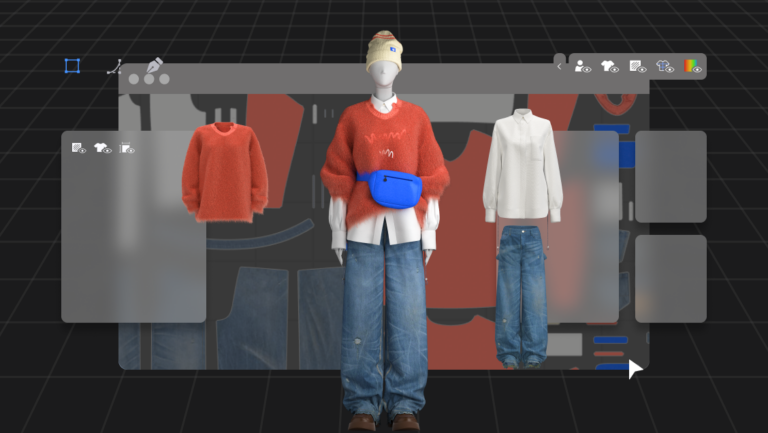The Future of Fashion: How Artificial Intelligence is Revolutionizing the Industry
In recent years, the fashion industry has witnessed a significant transformation, thanks to the integration of Artificial Intelligence (AI). This cutting-edge technology is not just a buzzword; it’s a game-changer that is reshaping how designers create, how brands market, and how consumers shop.
AI in Design and Production
One of the most exciting applications of AI in fashion is in the design and production process. Traditionally, creating a new collection involved countless hours of sketching, prototyping, and sampling. However, with AI, designers can now leverage advanced algorithms to generate unique designs, predict trends, and even optimize fabric usage. Companies like Style3D are at the forefront of this revolution, offering AI-powered tools that streamline the entire design workflow.
Personalized Shopping Experiences
AI is also enhancing the way consumers interact with fashion brands. Through machine learning algorithms, brands can analyze customer data to offer personalized recommendations, ensuring that shoppers find exactly what they’re looking for. This level of personalization not only improves customer satisfaction but also boosts sales and brand loyalty.
Virtual Try-Ons and Augmented Reality
Another groundbreaking application of AI is in virtual try-ons and augmented reality (AR). With AI-driven AR technology, customers can now “try on” clothes virtually before making a purchase. This not only reduces the likelihood of returns but also provides a more engaging and interactive shopping experience. Platforms like Style3D are pioneering these innovations, making it easier for consumers to make informed decisions from the comfort of their homes.
Sustainability and Ethical Fashion
AI is also playing a crucial role in promoting sustainability within the fashion industry. By optimizing supply chains and reducing waste, AI helps brands minimize their environmental impact. Additionally, AI can assist in ensuring ethical labor practices by monitoring and analyzing data from various stages of production. This is particularly important as consumers increasingly demand transparency and accountability from the brands they support.
Conclusion
The integration of Artificial Intelligence into the fashion industry is not just a trend; it’s a fundamental shift that is here to stay. From design and production to personalized shopping and sustainability, AI is revolutionizing every aspect of the industry. As technology continues to evolve, we can expect even more innovative applications that will further enhance the way we create, market, and consume fashion.
For more information on how AI is transforming the fashion industry, visit Style3D.
Keyword: online clothing design software
